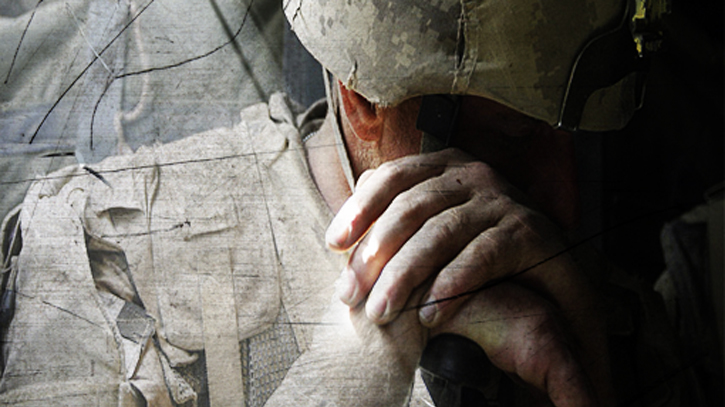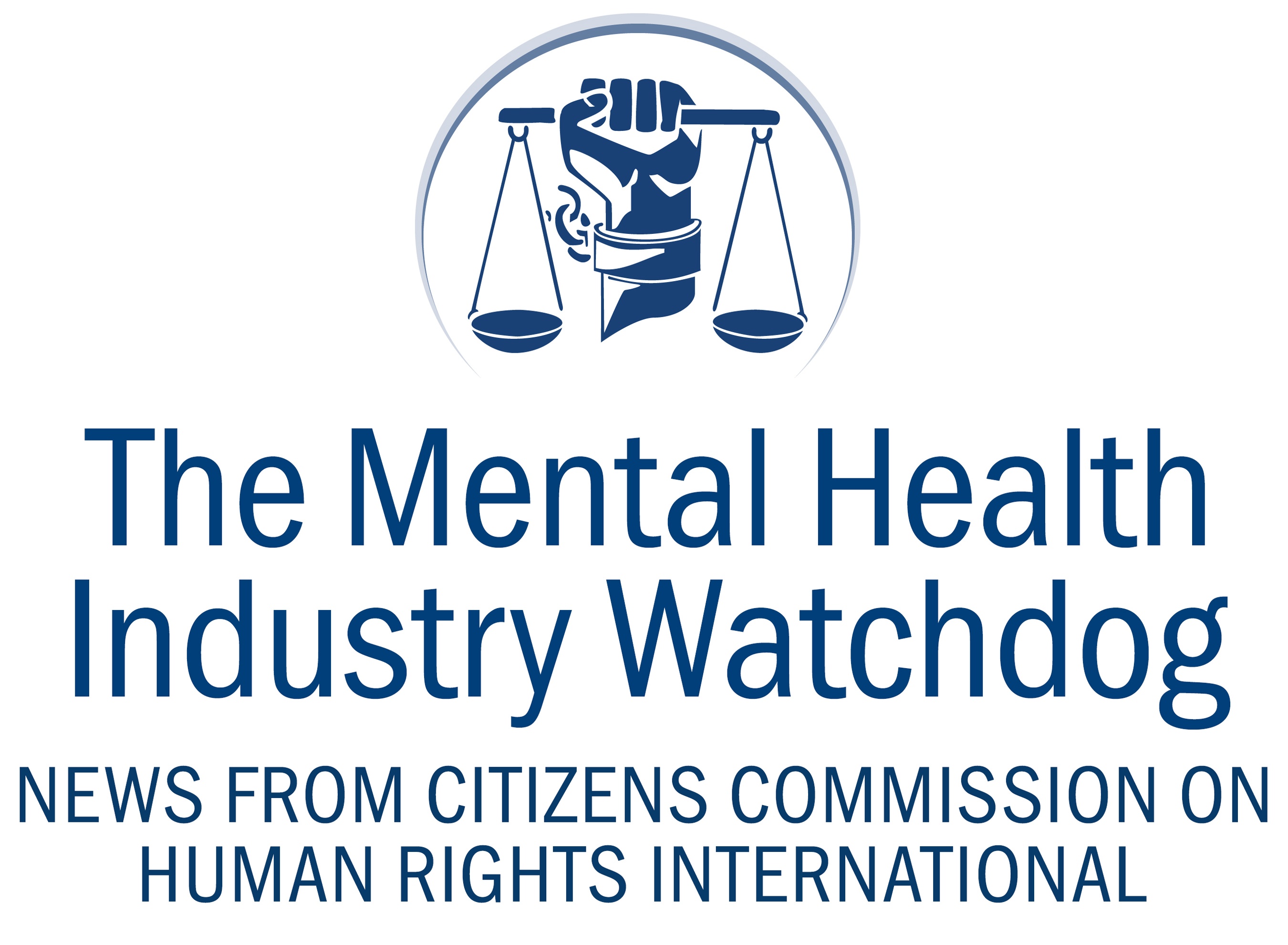The Veteran Overmedication Prevention Act would direct the Department of Veterans Affairs (VA) to conduct an independent expert study on the deaths of all veterans being treated at the VA who died by suicide or from a drug overdose in the last five years. This review would ensure that the VA has accurate information about the relationship between veteran suicides and prescription medication, including psychiatric drugs.
Although the government states that there are 20 veteran suicides a day (figure released by the government in 2016) in the U.S., this figure is an underestimate, since several states don’t report specific veteran suicides. This suicide rate has been reported in the past several years as 22 suicides a day which was still an underestimation.
Related to this high suicide rate is the fact that in 2010, the number of veterans filling a prescription for mind-altering psychiatric medications (some have black box warnings of suicidality as the first adverse effect) was 1.85 million veterans filling at least one prescription. From 2005 thru 2011, the Department of Defense increased the amount of psychiatric medications purchased by about 700%. From 2001 through 2011, the VA spent $1.64 billion just on benzodiazepines and the antipsychotics Risperdal and Seroquel.
PTSD has been a label placed on 37% of recent war veterans with 80% of those being given brain altering psychiatric medications. Of these vets, 89% were prescribed antidepressants and 34% were prescribed antipsychotics.
The psychiatric community has failed to realize that PTS (Without “D”) is a normal reaction for most people that have been in combat. It’s a shame that government spent $3 billion on “PTSD treatments” for veterans in 2012 alone, without realizing that PTS is a normal reaction to being in an abnormal environment.
With the proper amount of time and supportive integrative treatment, this normal reactions, associated with the abnormal experience of combat, i.e., hyper vigilance, nightmares,… etc., can be reversed with much less monies being spent.
It is also imperative that more physiatrists be hired by the VA to work with our vets. A physiatrist is a Physical Medicine & Rehabilitation medical doctor who specializes with physical and mental difficulties veterans experience. This specialty can be seen as one “Born of War.”
One must remember that in WW II, veterans were identified with Battle Fatigue, not a label of Battle Fatigue Disorder. This is because the medical community realized that Battle Fatigue was a normal reaction to being in combat. Veterans simply got fatigued from fighting and with proper rest and relaxation (R&R), most returned to normal functioning. This is not occurring today, since psychiatry is in the business of medicating most of their patients with brain altering drugs that don’t work and in some situations, Electroconvulsive Therapy (ETC) which also destroys healthy brain cells.
The lack of proper treatment of our vets has resulted in the VA’s mental health budget increasing from about $3 billion in 2003 to $7.5 billion in 2016. If any military person had a higher than average number of deaths for the troops they were responsible for, they would be relieved and possibly court-martialed. If a corporate officer, in the civilian community, was responsible for significant financial losses, they would be fired and replaced. So one can ask the question, why the people responsible for veterans mental health (psychiatry in general as a profession), and the consistent loss of lives to suicide, haven’t been fired and replaced. This is a question that must be answered.
References:
Invisible Scars, by Bart P Billings, PhD, Feb 2016, www.bartpbillings.com.
http://www.militarytimes.com/story/veterans/2016/07/07/va-suicide-20-daily-research/86788332/.
Ilse R. Wiechers, MD, MPP, et al., “Increased Risk Among Older Veterans of Prescribing Psychotropic Medication in the Absence of Psychiatric Diagnoses,” Am J Geriatr Psychiatry, Jun 2014.
“VA/Defense Mental Health Drug Expenditures Since 2001,” May 2012 Drug Totals, Government Executive, http://cdn.govexec.com/media/gbc/docs/pdfs_edit/051712bb1_may2012drugtotals.pdf.
Susan Donaldson James, “Marines Battalion Mentally Upbeat, Despite Record Deaths,” ABC News, April 15, 2011, http://www.abcnews.go.com/Health/camp-pendleton-marine-battalion-mentally-fit-deadliest-war/story?id=13377215; Mohamed S, Rosenheck RA, “Pharmacotherapy of PTSD in the U.S. Department of Veterans Affairs: diagnostic- and symptom-guided drug selection,” Journal of Clinical Psychiatry, 2008, June Vol. 69, No. 6, pp. 959-65, http://www.ncbi.nlm.nih.gov/pubmed/18588361.
Mohamed S., et al., “Pharmacotherapy of PTSD in the U.S. Department of Veterans Affairs: diagnostic- and symptom-guided drug selection,” J Clin Psychiatry, Jun 2008, https://www.ncbi.nlm.nih.gov/pubmed/18588361.
John Ramsey, “The Last Battle: Steven Chadduck lost his home and nearly committed suicide while waiting for help for PTSD,” Fayottesville Observer, Sept. 24, 2012, fayobserver.com/military/article_a0699933-cac5-5ced-8616-f01eef305f16.html; Leo Shane III, “Budget deal nails down fiscal 2016 spending for DoD, VA,” Military Times, 16 Dec 2015, http://www.militarytimes.com/story/military/2015/12/16/budget-omnibus-fy16-defense-veterans-affairs-pentagon/77416466/.
Alan Zarembo, “Government’s PTSD treatment for veterans lacking, report finds,” Los Angeles Times, 20 Jun 2014, http://www.latimes.com/nation/la-na-ptsd-report-20140621-story.html.
Alan Zarembo, “Government’s PTSD treatment for veterans lacking, report finds,” Los Angeles Times, 20 Jun 2014, http://www.latimes.com/nation/la-na-ptsd-report-20140621-story.html.
“Let’s Stop Using Experimental Vaccines and Psych Drugs that are Destroying our Veterans and Military Personnel,” Health Impact News, 2014, http://healthimpactnews.com/2014/lets-stop-using-experimental-vaccines-and-psych-drugs-that-are-destroying-our-veterans-and-military-personnel/.








Leave A Comment
You must be logged in to post a comment.